
Courage and vision:
Celebrating the most impactful
young sustainability leaders
across Asia Pacific
The Eco-Business Youth A-List 2022 demonstrates that “sustainability is not just a big-city trend”, say judges. From Bali Island in Indonesia to a rustic geological park in the Philippines, young sustainability changemakers are trying to do impactful work outside of capital cities.
By Ng Wai Mun
Southeast Asia has emerged as a hotspot for plastic pollution in recent years. The deluge of plastic waste – a very visible problem – has driven youths living in the region to lead the fight against a throwaway culture.
Among the 10 individuals aged 30 and below recognised by the Eco-Business Youth A-List 2022, almost half of them are involved in the fight to tackle plastic pollution. From organising mega clean-ups along coastlines strewn with trash to devising simple methods to stop garbage flowing into the ocean or trying to change consumption patterns, these young changemakers have employed various methods to enact change, as they come to realise that the plastic scourge might just be that one big environmental problem they can control.
This year’s Youth A-List also sees sustainability practitioners, activists and ecopreneurs working to solve problems for the places that they are familiar with, and in love with, including in provinces and cities outside of urban capitals. They are interested in fostering an ethic of stewardship for the land, and want to build better connections with the communities that they work with.
I was impressed by the amazing initiatives being led by nominees outside of capital cities. This demonstrates that sustainability is not just a big-city trend and fills me with hope that these emerging leaders will chart a new, greener course for Southeast Asia.
Esther An, chief sustainability officer of global real estate firm City Developments Limited (CDL), who is also Youth A-List partner and judge, said that one trait that she looks out for among young sustainability practitioners is whether they are people-oriented. “To become a leader in the sustainability space, one needs to be curious, passionate, creative, resourceful and create opportunities to drive change,” she said.
William McGoldrick, regional managing director, Asia-Pacific at environmental organisation The Nature Conservancy, said that it is important for young people to be given a seat at the table, as “consumers, employees and influencers”.
The Youth A-List judge said that he was impressed by the amazing initiatives being led by nominees outside of capital cities. “This demonstrates that sustainability is not just a big-city trend and fills me with hope that these emerging leaders will chart a new, greener course for Asia.”
The Youth A-List champions young individuals who have agitated for change across business and policy in the area of sustainability and delivered outstanding work over the last 12 months. This year, nine out of the 10 individuals are based in Southeast Asia – the highest proportion of awardees working in the region since the Youth A-List was launched in 2020. They come from countries and territories including Singapore, Indonesia, Philippines and Hong Kong.
The 2022 Eco-Business Youth A-List includes:

Ann Adeline Dumaliang is trying to save the last green corridor of the Philippines.
Ann Adeline Dumaliang is trying to save the last green corridor of the Philippines.
Ann Adeline Dumaliang, trustee, Masungi Georeserve
Just last month, the Philippines’ environment and resources department confirmed that previously-approved quarry permits for mining firms encroaching on reforestation sites in Masungi Georeserve will be cancelled. It is a significant win for Ann Adeline Dumaliang and the team that she leads, after years of fighting a difficult battle to campaign and appeal against illegal quarrying on the protected site.
Dumaliang is the trustee of the Masungi Georeserve Foundation Inc. and oversees conservation efforts for the award-winning geotourism site that is known for its exposed 60-million-year-old limestone terrain and winding trails through rich flora and fauna. Located just a day trip away from Manila in the rainforests of Baras, Rizal, the site is a watershed and a protective shield against typhoons. It also employs over 100 locals and is increasingly seen as a promising model for private-led conservation and forest rehabilitation in Southeast Asia.
Masungi Georeserve, however, has consistently faced threats from land grabbers, commercial loggers and mining companies wanting to exploit the site for its resources. Its rangers, including Dumaliang herself, have had to deal with harassment and attacks.
Dumaliang says that what keeps her going is a genuine love for the land that she is guardian of. “We recognise that it is worth taking a few hits for the benefit of the greater good, to endure the threats and backlash just to make things happen. We are thankful for the thousands of Filipinos who have supported our campaign. That has been really inspiring,” she said.
Bintang Ekananda, director and
co-founder, Alner
Consumers in Indonesia are used to purchasing detergent and shampoo in sachets and pouches. Single-use flexible packaging, however, is hard to recycle because it is small and multi-layered. The business that Bintang Ekananda started aims to address this issue, and to combat Indonesia’s plastic waste problem.
Bintang is the co-founder of Jakarta-based start-up Alner (formerly Koinpack). The firm, which now hires about 20 employees, employs a reuse-and-refill model and entices consumers to return their used containers at sales points such as local waste banks and warungs (Bahasa Indonesia for small retail shops) for discounts, rather than disposing of them after using them once.
Alner works directly with fast-moving consumer goods (FMCG) companies, and the bottles are reused about 20 times before they are sent for recycling. Last year, it won a US$450,000 challenge grant issued by the Asian Development Bank (ADB) Innovation Hub.
Bintang tells Eco-Business that the time is ripe to “scale a reuse revolution” in Greater Jakarta and beyond. In the next year, Alner aims to develop and expand its sales force and onboard new FMCGs. It has recently announced a rebrand and plans to expand across the region.
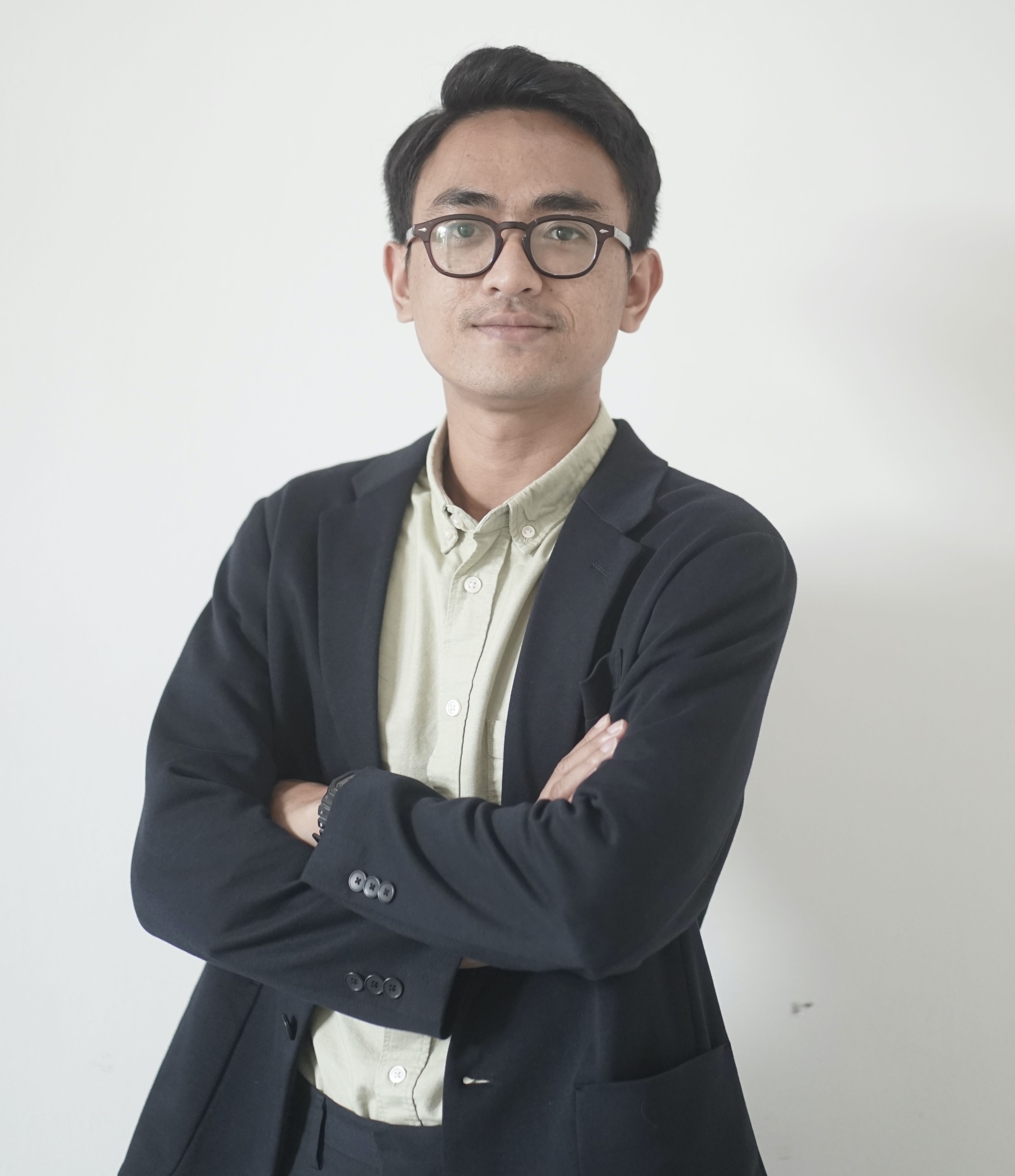
Bintang Ekananda believes that the time to scale a 'reuse revolution' in Indonesia is now.
Bintang Ekananda believes that the time to scale a 'reuse revolution' in Indonesia is now.
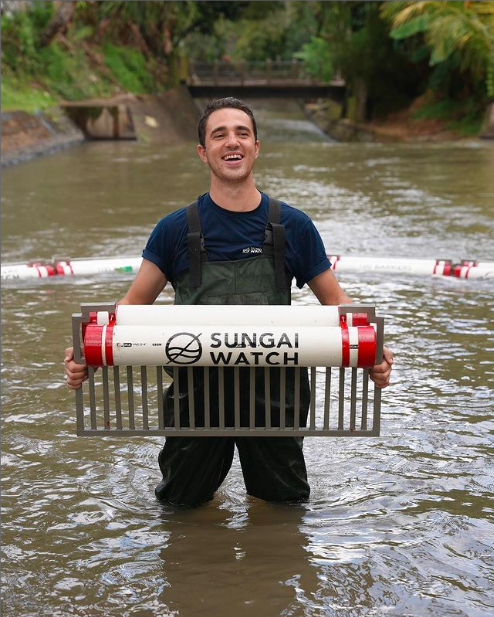
Gary Bencheghib holding up a trash barrier designed by Sungai Watch.
Gary Bencheghib holding up a trash barrier designed by Sungai Watch.
Gary Bencheghib, co-founder, Sungai Watch
Gary Bencheghib is popularly known as Bali’s ‘river man’. Born in France, he and his family moved to the Indonesian island when he was nine years old. In 2020, he co-founded Sungai Watch, which is now on a mission to clean every river in Indonesia by employing the simplest method – installing trash barriers to stop the flow of plastic waste from running rivers into the oceans.
Sungai Watch does this at scale by activating local communities to help. It has also organised emergency river clean-ups at illegal dumps and along river banks. The trash is then moved to local sorting facilities. On average, the group removes up to two tonnes of plastic waste every day from Indonesia’s rivers.
In media interviews, Bencheghib says that his early recollections of Bali was of pristine white sandy beaches, but that imagery has changed over the years as the island, a popular tourist destination, developed. His team at Sungai Watch now finds plastics everywhere – from river beds to beaches, and even the rice fields.
Bencheghib is also an environmental filmmaker and he tends to focus his camera lenses on the plight of polluted rivers. These include the Citarum River in West Java which he filmed with a crew in 2017 while floating on a kayak. Last year, he was among four individuals to be recognised by the Ramon Magsaysay Award, Asia’s highest honour for selfless service and transformative leadership.
Kate Yeo, climate advocate, Singapore Youth for Climate Action (SYCA)
Kate Yeo’s journey in the environmental movement began with her campaign BYO Bottle (BYOB), which looked at transforming the culture of disposables in Singapore. Aged 16, she launched the social media platform trying to get people to stop using disposable cups. Last December, the environmental studies major, who is currently pursuing a degree at Dartmouth College in the United States, announced that the platform will go on hiatus as she refocuses her efforts on community building work with other youth organisations that she is part of.
“Social media has shortened my attention span, fuelled comparison [with others] and encouraged an unhealthy focus on numbers,” Yeo wrote on her Instagram platform, which has about 6,000 followers. “At times it even turned environmental activism into a competition which is completely antithetical to the principles of climate justice…the platform is designed to exploit insecurities and encourage addiction.”
As a youth climate communicator, Yeo is no stranger to taking an introspective look at the work that she is actively involved in. She has frequently commented on issues that intersect with climate change, watches media developments, and has spoken up against “youthwashing”, when young people’s voices are used in a performative and tokenised way just for good PR and marketing. As a core team member of advocacy group Singapore Youth for Climate Action, she will continue to engage young people in environment-related work and outreach.
Yeo was part of the youth delegation at last year’s COP27 climate talks in Sharm El-Sheikh, Egypt, where she tracked Article 6 negotiations on carbon markets and was a participant on various panels.
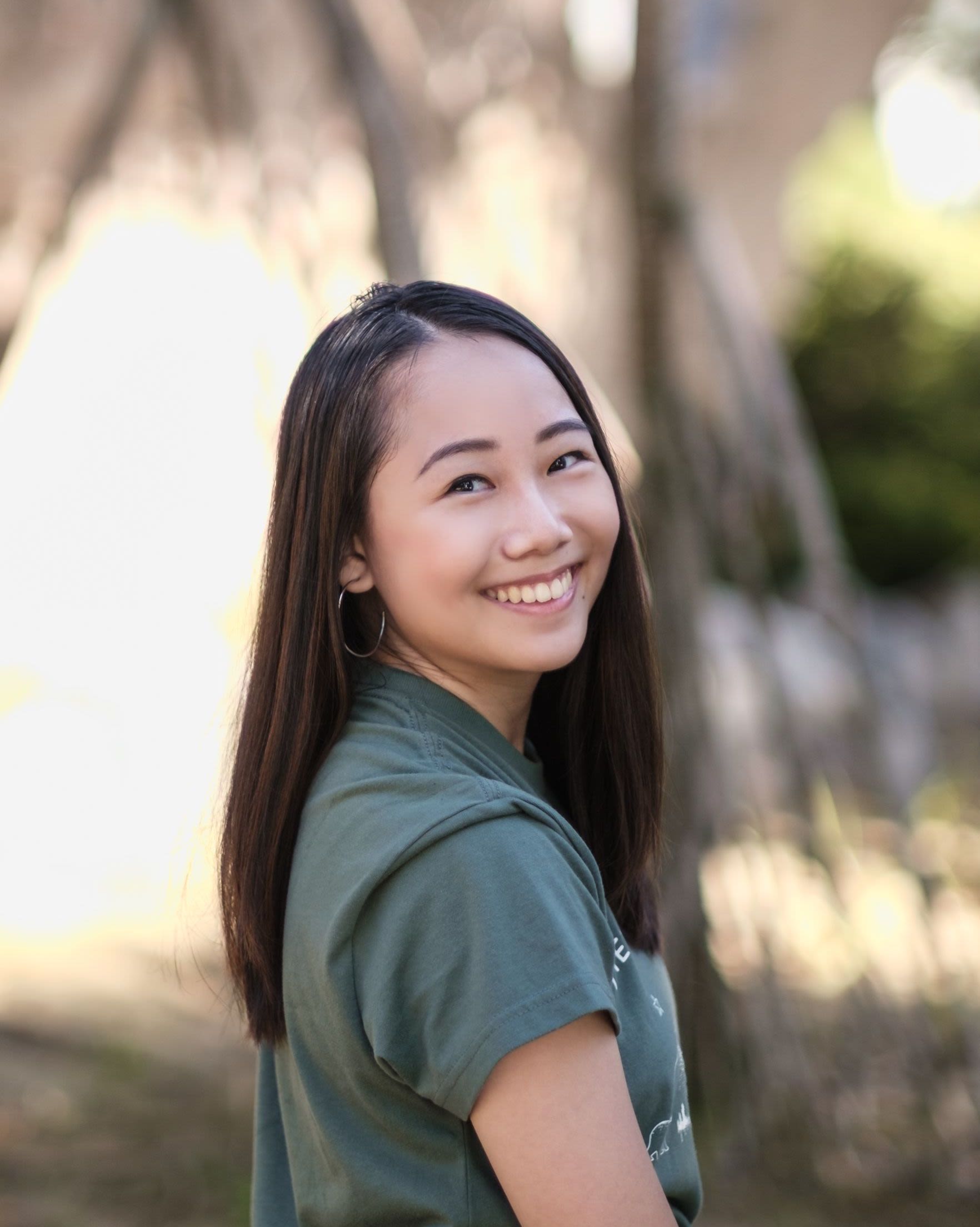
Youth climate advocate Kate Yeo tracked Article 6 negotiations at the COP27 climate summit last year.
Youth climate advocate Kate Yeo tracked Article 6 negotiations at the COP27 climate summit last year.
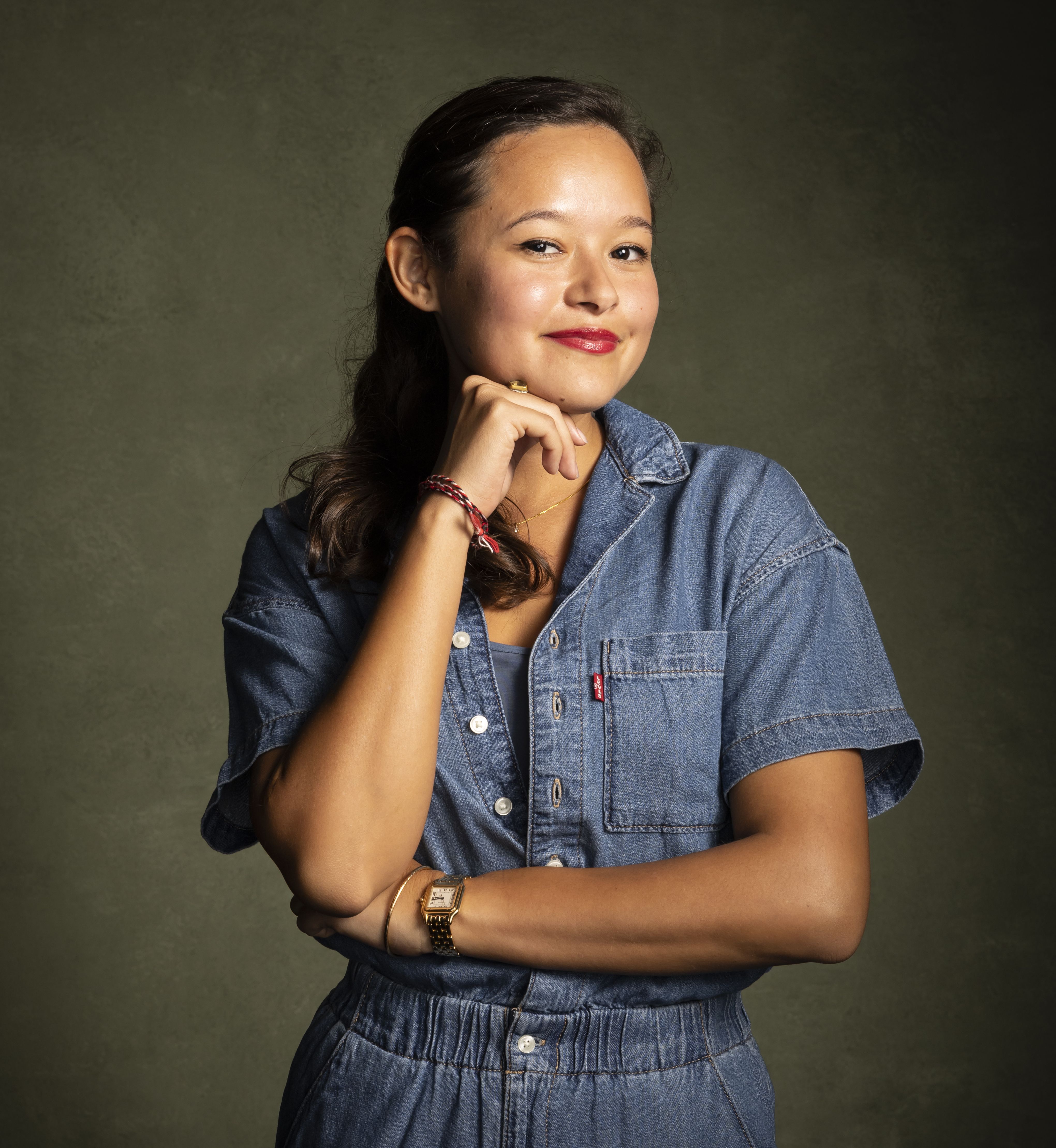
Melati Wijsen is an inspiration to a new generation of young activists across the world.
Melati Wijsen is an inspiration to a new generation of young activists across the world.
Melati Wijsen, founder, Bye Bye Plastic Bags and YOUTHTOPIA
Melati Wijsen had an early start as an activist and movement builder when she campaigned at age 12 to get plastic banned on her home island of Bali, Indonesia. The Indonesian-Dutch native had then threatened to go on a hunger strike over the island’s plastic pollution crisis. Her action caught the attention of policymakers and got her a meeting with the governor of Bali and other local government representatives. It also kickstarted a glittering changemaker career which got her invitations to global climate summits and often, a seat at the negotiation tables.
Now 22, Wijsen is the founder of Bye Bye Plastic Bags and an inspiration to a new generation of young activists across the world. She tells Eco-Business that it is challenging to feel motivated all the time, and for the past 10 years, there were times when she felt discouraged if the change she wanted to see was not happening fast enough.
“What I do is I surround myself with incredible people who every day remind me that there are solutions at our fingertips,” she said. “We do not wait for permission to get that change happening.”
Bali led the way when it became the first Indonesian province to officially ban all single-use plastic bags, straws and polystyrene; but Wijsen is aware that the fight is not over. A key highlight in 2022 for her team was organising Bali’s iconic big clean-up for the seventh year. About 200 clean-ups were happening concurrently on the island in that single day. Wijsen said it demonstrated the power of community coming together.
She has also since gone on to start Youthtopia, a changemaker platform focused on developing peer-to-peer programmes and content. It gathers together about 200 young changemakers from across 50 countries who “have their own track record of change” – ranging from policy advocates to artists, photographers and podcasters.
Neo Xiaoyun, facilitator and programmes executive, The Untamed Paths; educator, Ground-Up Initiative
In densely built-up Singapore, nature-inspired spaces where city dwellers can come together to connect with each other are rare, and often transient. Most children are more used to classroom learning, and are unfamiliar with outdoor experiences such as scrambling around in river streams and tidal pools or playing in forests. As an educator and a nature-lover, Neo Xiaoyun hopes she can do her part to help Singaporeans have immersive nature experiences and enjoy learning in outdoor spaces.
The Untamed Paths, a biodiversity-focused organisation where she is second-in-command in leading its programmes, wants to champion the lesser-known wildlife in Singapore by offering unique eco-programmes such as intertidal exploration and forest night walks. For Neo, who is a policy officer working for Singapore’s civil aviation agency by day, facilitating and designing these programmes is a way she marries her twin loves of education and the great outdoors.
Neo is also an active volunteer and educator at non-profit Ground-Up Initiative (GUI), which now runs a 2.6 hectare community space in Lorong Chencharu, in the northern district of Singapore. As the lease for the space ends in mid-2023, with the land slated for new housing developments, Neo devoted a lot of time last year to helping the team manage advocacy efforts and activities to fundraise for and build a new site.
GUI, which nominated Neo for the Youth A-List awards, said that the outreach and programmes that Neo runs are key as she can galvanise people in her network to help GUI overcome challenges and continue its mission of bridging the disconnect between people and nature. The organisation says that Neo, as an educator, has knowledge of the intricacies of environmentalism, but more so, she has the patience and capability to present and engage children and explain complex scientific concepts in a way that the layman can understand.
Neo is a co-author of Eating Chilli Crab in the Anthropocene: Environmental Perspectives on Life in Singapore, one of the first publications in Singapore that examines how life and culture in the city state is deeply entangled with the natural environment and non-human lives that flourish around us. She is a prolific writer and runs an environmental communications Instagram page, where she logs her observations and experiences in and with nature.
Neo tells Eco-Business that she is at a transitional phase in her life, where she is starting to envision an alternative lifestyle for herself. She also often reflects upon the meaning of her work. “I know I am always trying to create experiences and connections for people, but I also recognise that the people who are part of our eco-programmes ultimately have to ‘get back into’ a society which has dominant values that are antithetical to what we advocate for. The question we need to ask is: after they leave this experience that we have created for them, what happens? What do we expect them to do?”
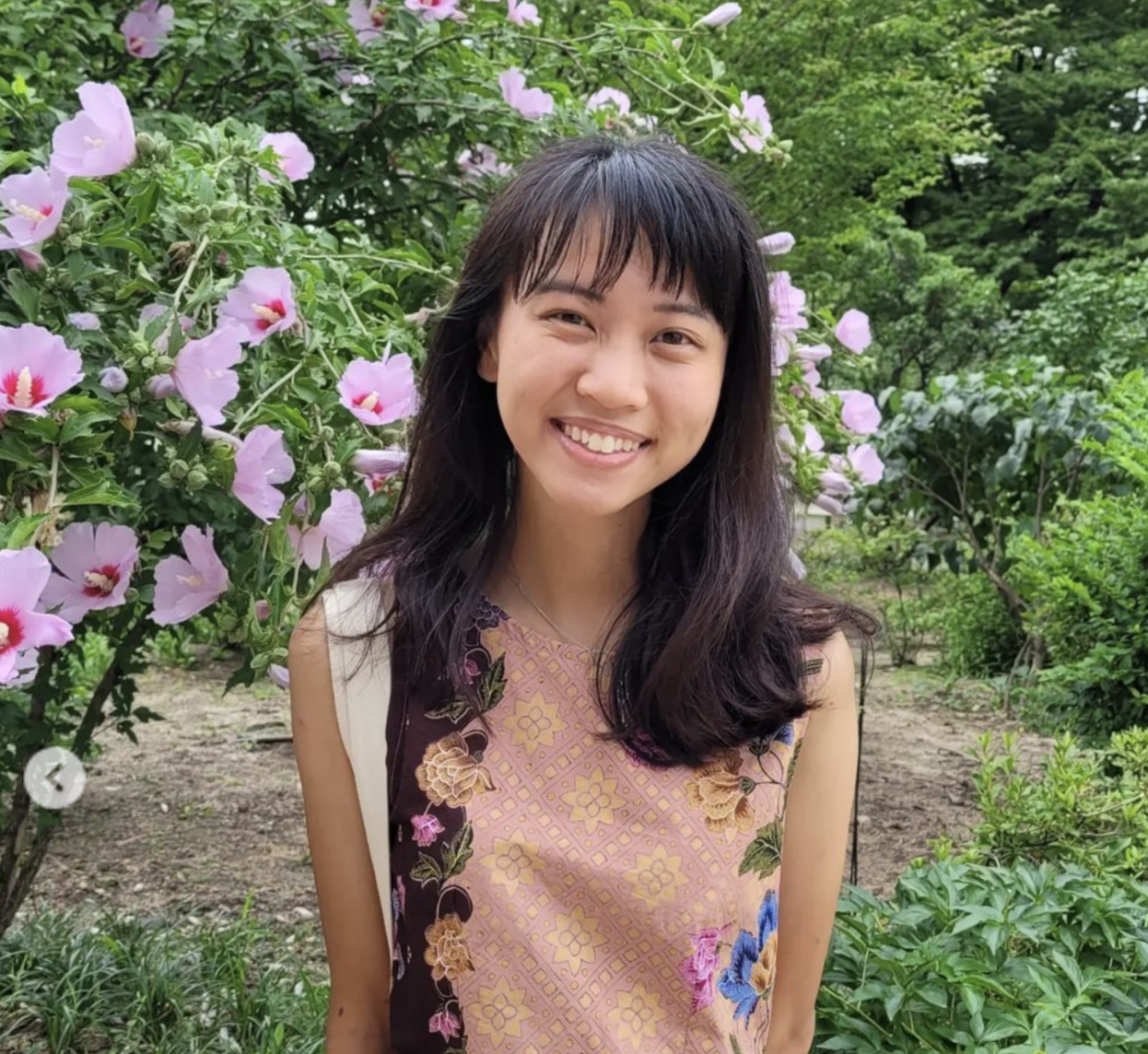
Neo Xiaoyun wants to help young Singaporeans enjoy learning in outdoor spaces.
Neo Xiaoyun wants to help young Singaporeans enjoy learning in outdoor spaces.
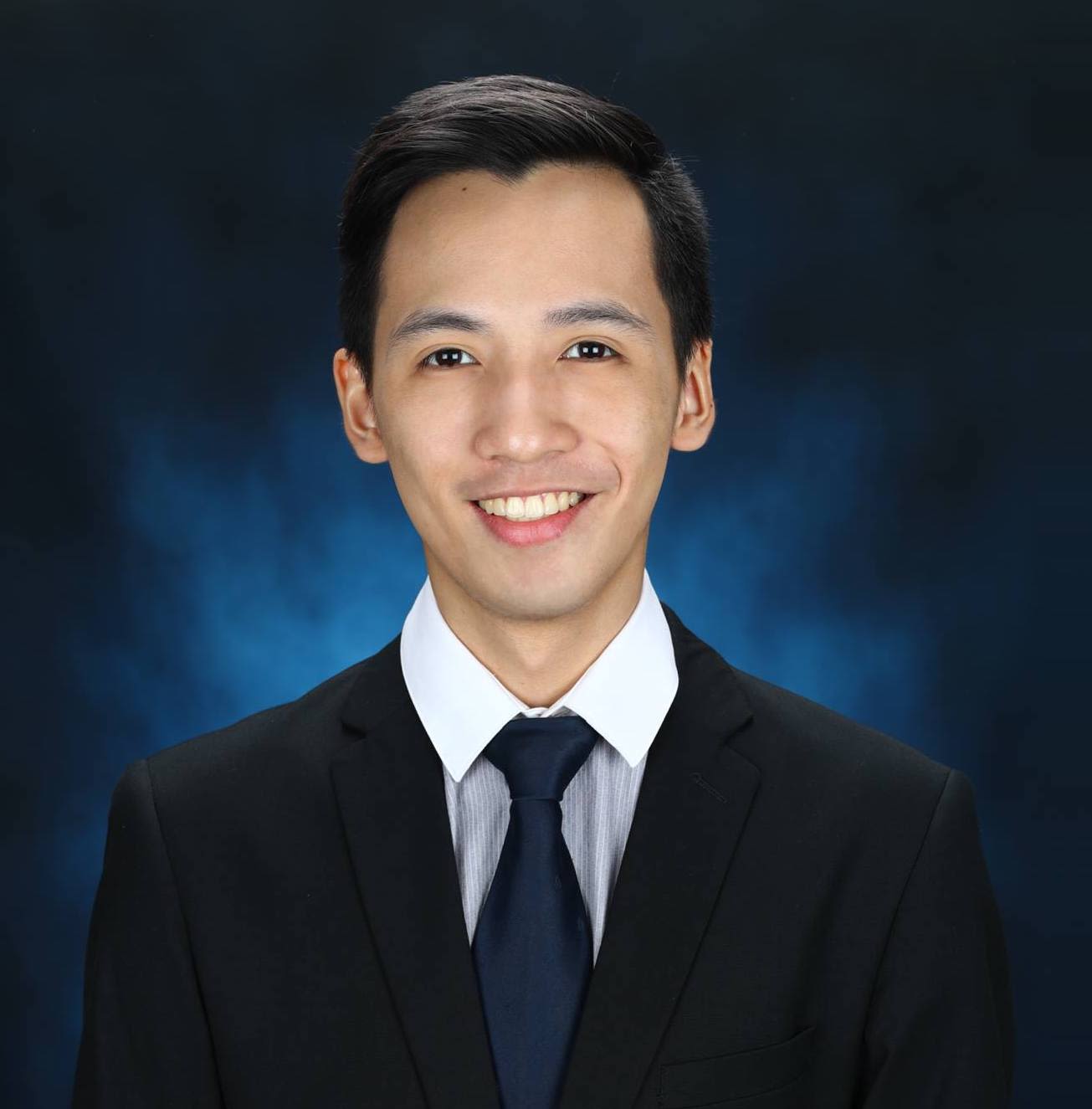
As the youngest manager in Meralco, Niels Gabriel Nable finds it challenging to persuade and influence senior leaders in the firm that more needs to be done for sustainability.
As the youngest manager in Meralco, Niels Gabriel Nable finds it challenging to persuade and influence senior leaders in the firm that more needs to be done for sustainability.
Niels Gabriel Nable, head of sustainability reporting and partnerships, Meralco
With electricity demand growing at a dizzying rate and supply often falling short, the Philippines has been facing an energy crisis. As the head of sustainability reporting and partnerships at Meralco or the Manila Electric Company, the largest electric power distribution company and the biggest private sector utility in the Philippines, Niels Gabriel Nable believes that there is much to be done to ensure greater transparency and accountability in the energy and private sector.
Armed with his experience as a former youth activist, Nable has continuously advocated for Meralco to enhance its environment, social and governance (ESG) transparency by aligning the company’s sustainability disclosure with globally-recognised ESG reporting standards and best practices. Within the first year in his role, he facilitated the integration of ESG risks into Meralco’s enterprise-wide risk assessment system. He also co-led the development of the company’s human rights policy.
Nable drove Meralco’s first greenhouse gas accounting initiative, the output of which was used as a baseline to set the company’s 2030 emissions reduction targets. He also co-developed the charter of the company’s board-level sustainability committee, headed by the chairman of Meralco.
For Nable, who just turned 25, age has been a huge challenge for him as he tries to institute change in a company with senior leaders who are much older and have more experience than him. “Some of them already have set views on how to do business. The challenge is to bridge that age and mindset gap.”
Niels is still an active community leader. He serves as the executive advisor for a waste management non-profit that he founded in partnership with the Pasig City local government.
Tan Shi Zhou, global sustainability consultant, Razer
Tan Shi Zhou is a final year undergraduate studying materials science and engineering at Singapore’s second-largest university Nanyang Technological University. Outside of school work, he wears multiple hats in different student-led organisations and is a familiar face in the environmental scene in Singapore.
A key highlight for Tan in 2022 was setting up the Inter-University Environmental Coalition (IUEC) which gathered environmental groups from seven public and private universities in Singapore, to amplify the youth voice and get student leaders to work with each other to advance important conversations about the environment. Tan believes that better cross-campus collaboration can effect change.
The coalition organised its inaugural conference last October and got university partners and youth leaders to discuss important questions that lie outside a state-driven policy known as the Singapore Green Plan 2030. Key questions it included was how Singapore’s food supply can become more climate-resilient, how to drive an “energy reset” in Singapore for a sustainable and just energy future, and what it means to pursue green growth.
Tan, who has been actively involved in sustainability-based projects since 2016, is now the advisory chair for NTU’s Earthlink, as well as a core member in regional environmental groups such as the Asian Environmental Youth Network (AEYN). He recently was appointed global sustainability consultant at gaming hardware company Razer, where he completed an eight-month internship.
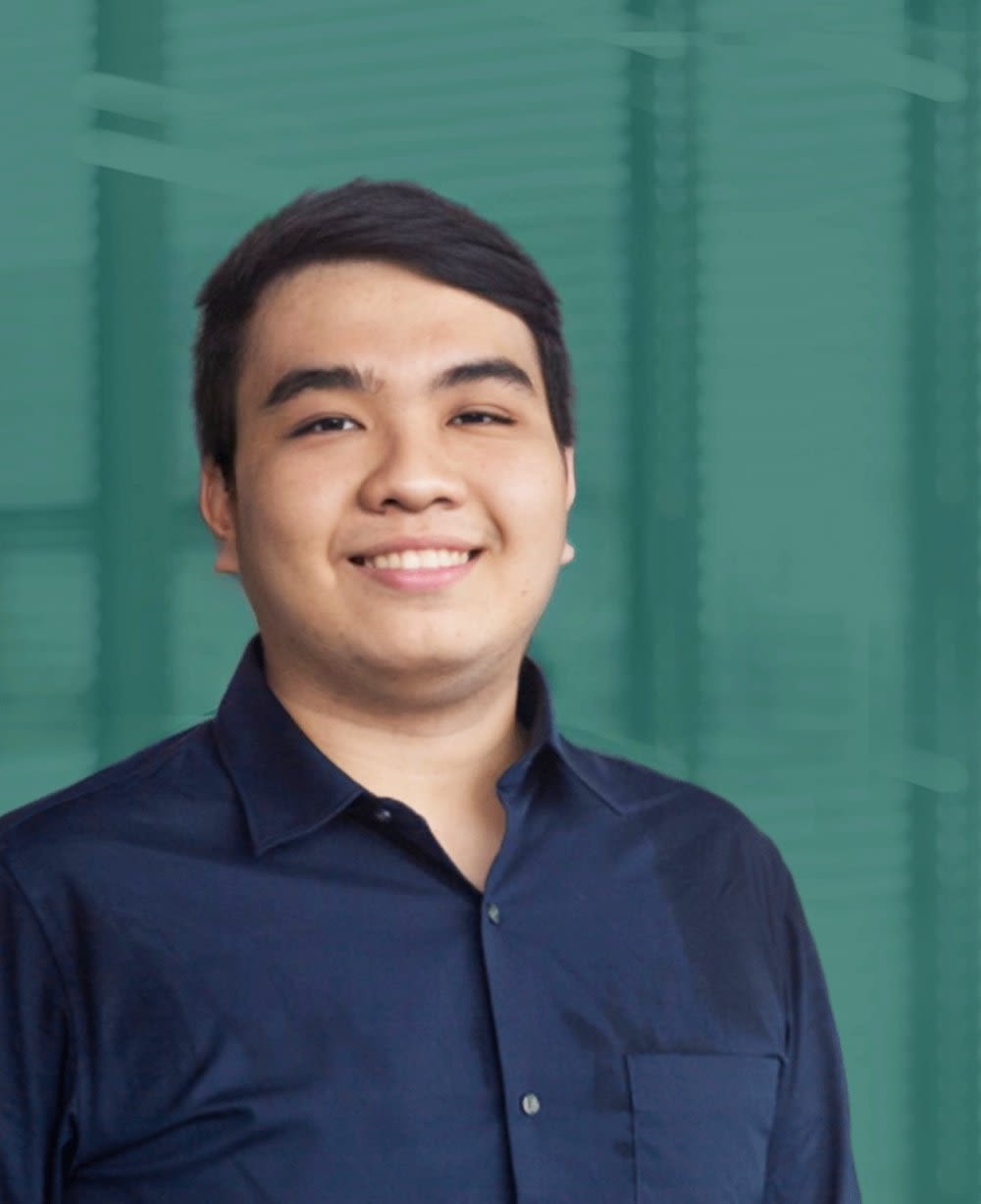
A key highlight for Tan Shi Zhou last year was setting up the Inter-University Environmental Coalition.
A key highlight for Tan Shi Zhou last year was setting up the Inter-University Environmental Coalition.
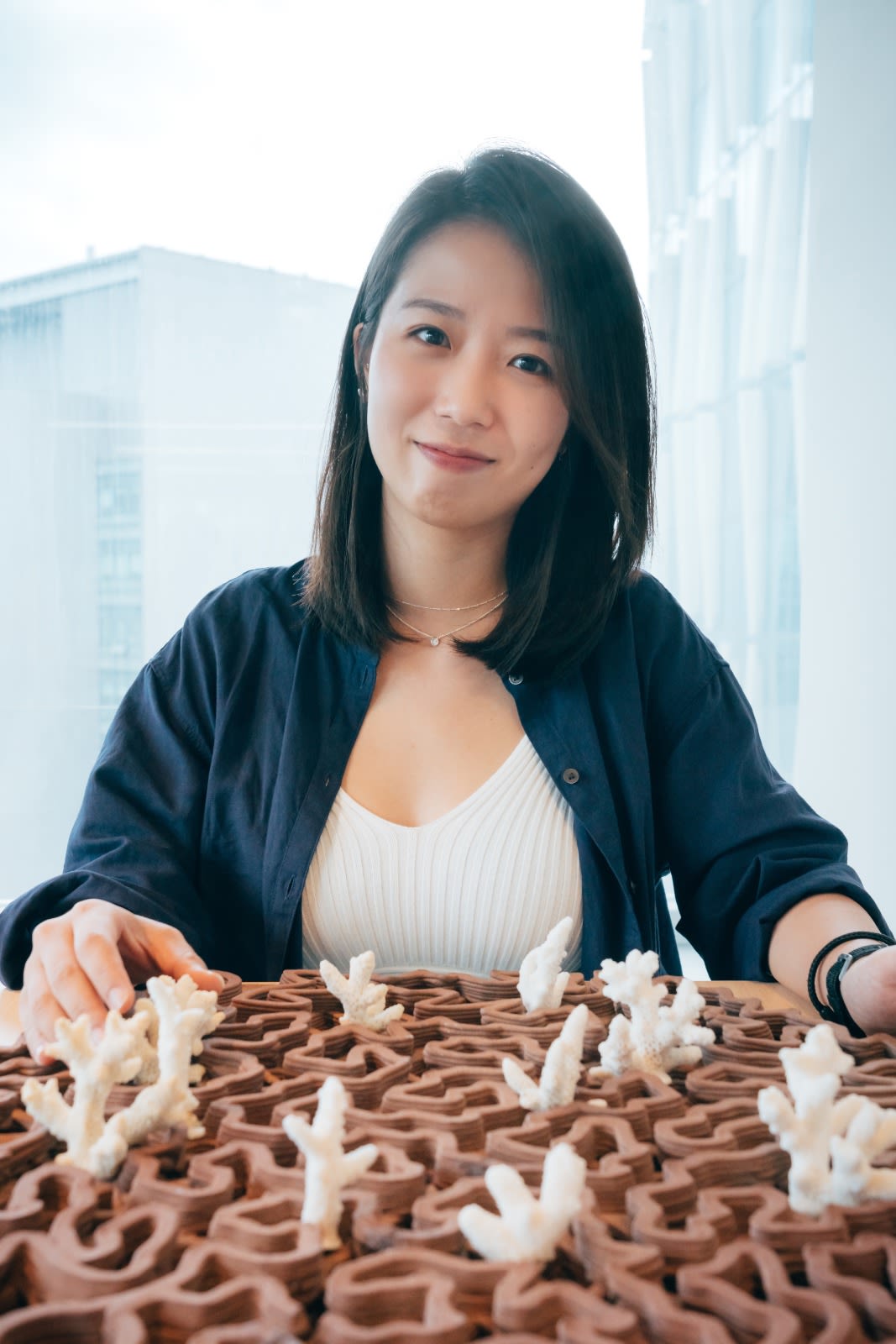
Vriko Yu and the reef tiles that Archireef deploys for coral restoration.
Vriko Yu and the reef tiles that Archireef deploys for coral restoration.
Vriko Yu, co-founder and CEO, Archireef
In January this year, Hong Kong-based start-up Archireef began deploying its 3D-printed reef tiles to rebuild 40 square metres of artificial reefs seeded with rescued coral fragments in Abu Dhabi’s coastal waters. For Archireef’s co-founder and chief executive Vriko Yu, the company’s venture into unknown waters – expanding its presence into the United Arab Emirates – is both exciting and promising. It has also launched a new eco-engineering facility in Abu Dhabi, which will enhance its internal research and development capacity, said Yu.
Yu, an avid diver and a scientist by training, decided to start Archireef when she first saw large patches of coral disappear from eastern Hong Kong’s Sai Kung area on her weekly dives. Employing biomimicry and 3D-printing solutions, the start-up creates terracotta reef tiles that can help endangered corals grow and survive once the tiles are attached to the sea bed. It says that the tiles are four times more effective in keeping corals alive than conventional restoration methods.
Coral reefs are vital to the marine ecosystem. Besides providing breeding grounds and shelter for fish, reefs act as natural buffers against storms and surges. Archireef’s technology was first adopted by the Hong Kong government to restore coral that had suffered serious typhoon damage.
Yu tells Eco-Business that as a first-time founder, what she finds most challenging is making sure that an inspiring idea is also commercially-feasible. In media interviews, Yu reveals that Archireef has already booked US$2.7 million in sales for 2023, nearly triple the US$1 million recorded for the whole of last year.
Zagy Berian, founder, Society of Renewable Energy
Indonesia is setting its sights high. The country recently concluded a successful G20 presidency amid a global economic crisis and has assumed the Asean presidency. Investors and businesses are confident about its prospects. Young Indonesians are excited about participating in their country's growth story.
As founder of the Society of Renewable Energy (SRE), an organisation that aims to accelerate Indonesia’s energy transition through youth empowerment, Zagy Berian believes that working closely with policymakers and partnering with high-level government representatives can help bridge the trust divide between young Indonesians and the public sector.
At the G20 summit, the organisation, which has the most extensive member network across universities in the country, supported the Indonesian government and private sector partners in organising multiple events, to drive conversations around the energy transition and climate change.
SRE now has local chapters in over 40 universities across Indonesia. Last year, SRE members completed about 50 rural energy projects, some of which involved installing solar photovoltaic devices to drive the renewable energy switch in more far flung villages.
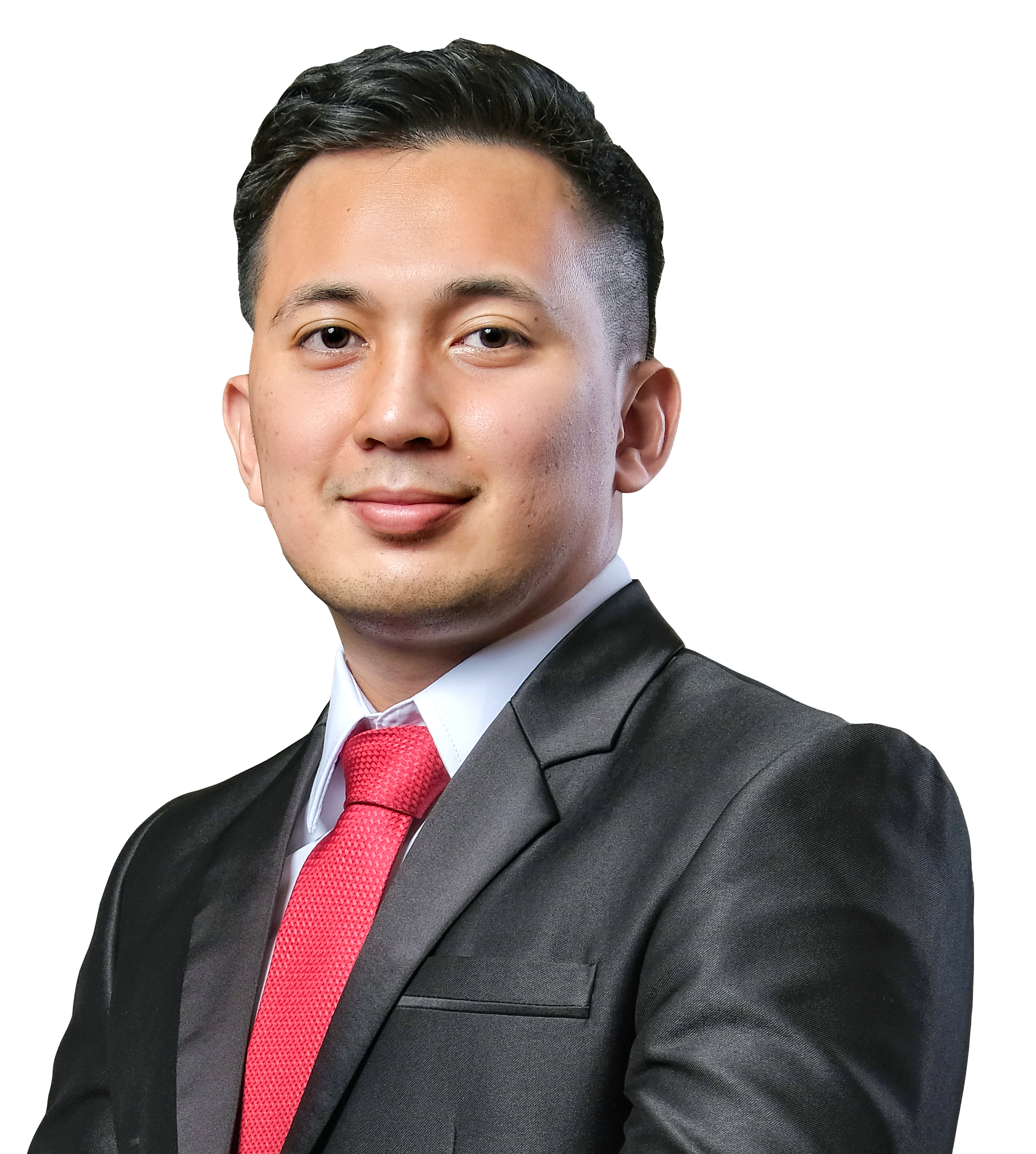
Zagy Berian founded the Society of Renewable Energy, which aims to accelerate Indonesia’s energy transition.
Zagy Berian founded the Society of Renewable Energy, which aims to accelerate Indonesia’s energy transition.
This story is published to celebrate the winners of the Eco-Business Youth A-List 2022. It is part of Eco-Business’ series on leadership in sustainability. The Eco-Business Youth A-List is supported by City Developments Limited.

